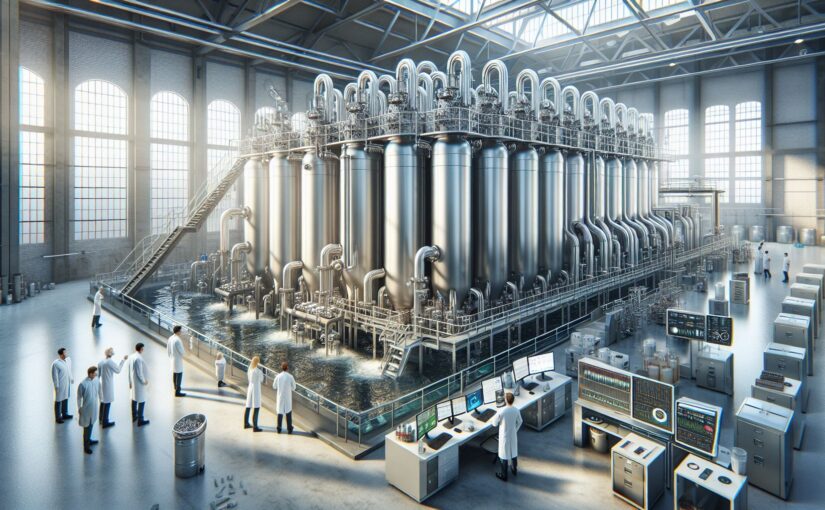Bioelectrochemical wastewater systems (BESs) represent a fascinating and innovative technology that is reshaping the landscape of wastewater treatment and energy production. With growing environmental and energy concerns around the world, BESs could provide a sustainable solution by simultaneously treating wastewater while generating renewable energy[^1^].
What Are Bioelectrochemical Wastewater Systems?
The Bioelectrochemical systems are technologies that exploit metabolic activities of microorganisms to produce electricity or valuable chemicals from organic waste materials, including wastewater. They essentially harness the ability of specific bacteria (known as exoelectrogens) to convert the chemical energy present in the organic matter of the wastewater into electrical energy[^2^].
How Does a Bioelectrochemical Wastewater System Work?
In a typical BES, the bioanode (an electrode where oxidation occurs) is populated by electroactive bacteria that oxidize organic matter within the wastewater. This process releases electrons and protons. The electrons are transported to the biocathode (an electrode where reduction occurs) via an external circuit, producing a flow of electricity, while the protons migrate through a proton exchange membrane.
At the biocathode, electrons, protons, and often oxygen, are combined to form water, although alternative electron acceptors may also be used. Some advanced BESs even facilitate the production of valuable chemicals like hydrogen or methane at the biocathode[^3^].
The Potential and Challenges of Bioelectrochemical Wastewater Systems
The dual advantage of BESs – wastewater treatment and energy production – makes them attractive for a range of applications. However, their commercial potential is yet to be fully realized due to challenges like low energy efficiencies and high material costs. Advances in electrode material, system design, and our understanding of the complex microbial communities involved could boost the performance and economic feasibility of BESs in the future.
In conclusion, bioelectrochemical wastewater systems hold immense promise in addressing some of our most pressing environmental concerns. By turning waste into a resource, BESs are drawing us a step closer to a truly circular economy.
[^1^]: Bioelectrochemical Systems: A solution for renewable energy and waste treatment
[^2^]: Bioelectrochemical Systems: From Extracellular Electron Transfer to Biotechnological Application
[^3^]: Bioelectrochemical Systems for Bioremediation
